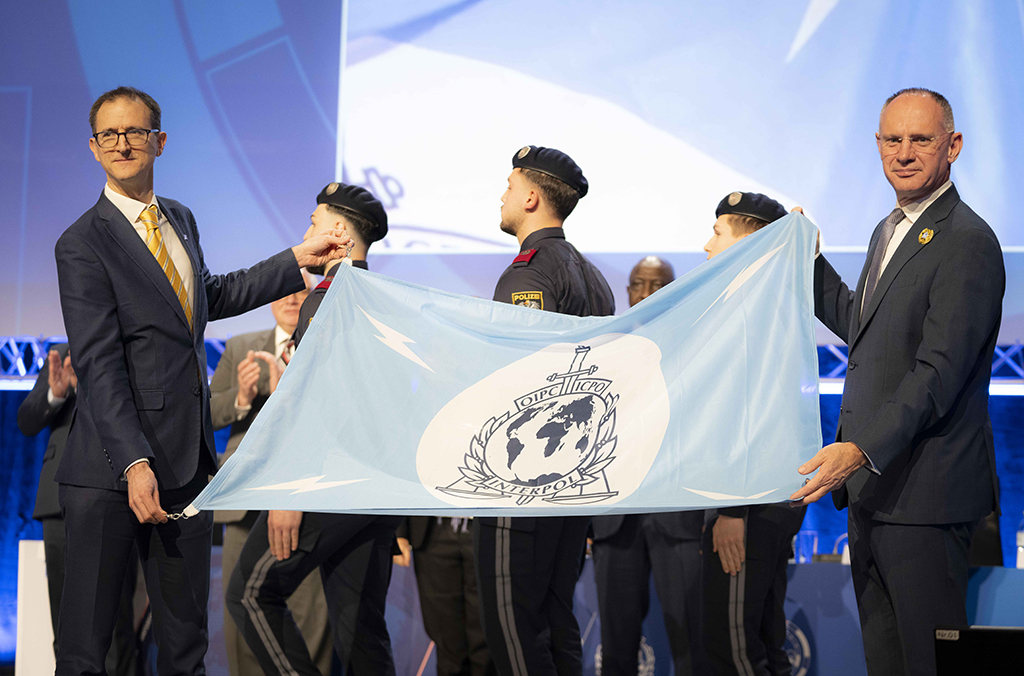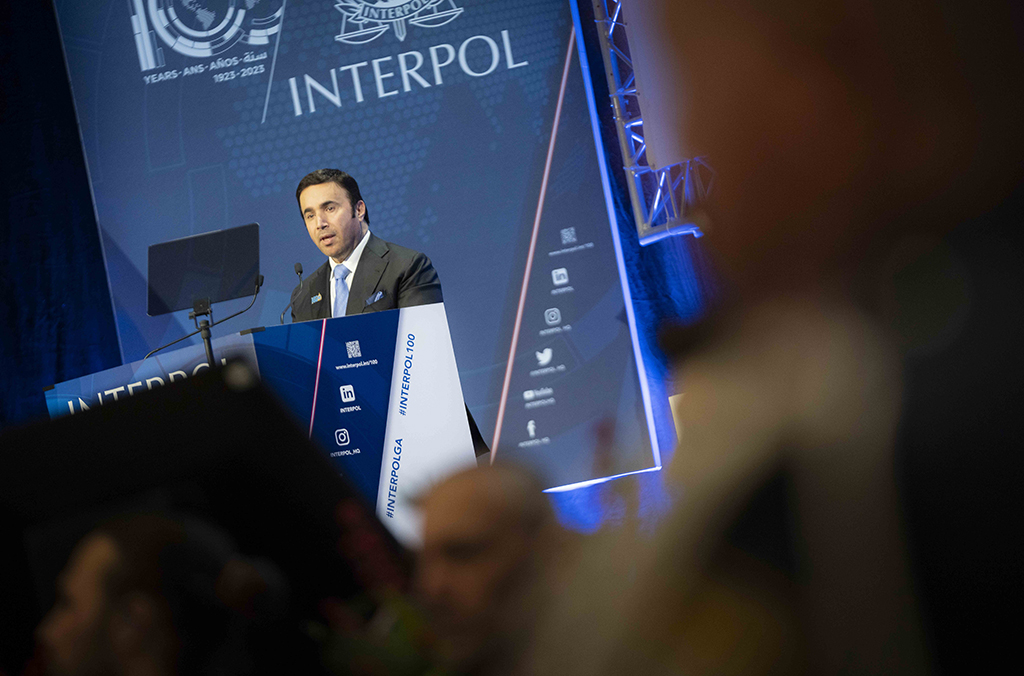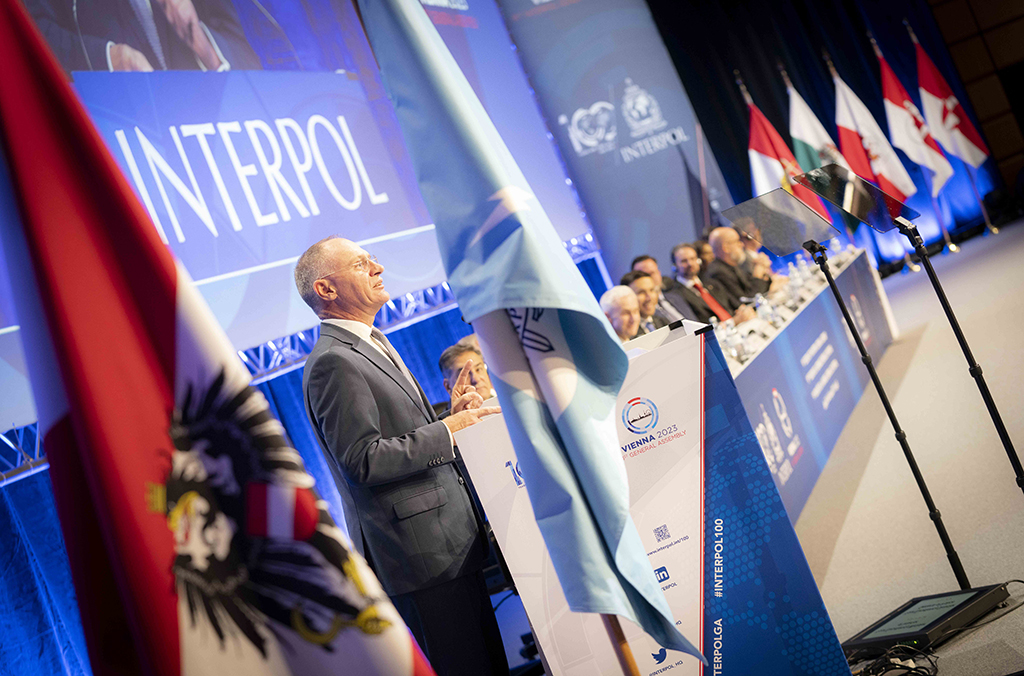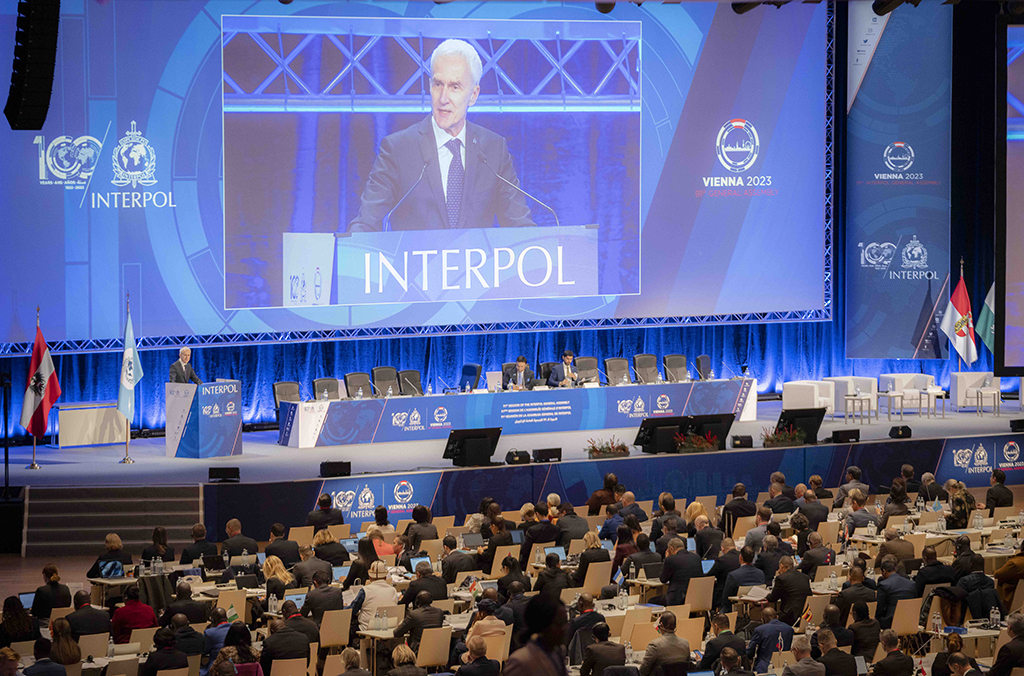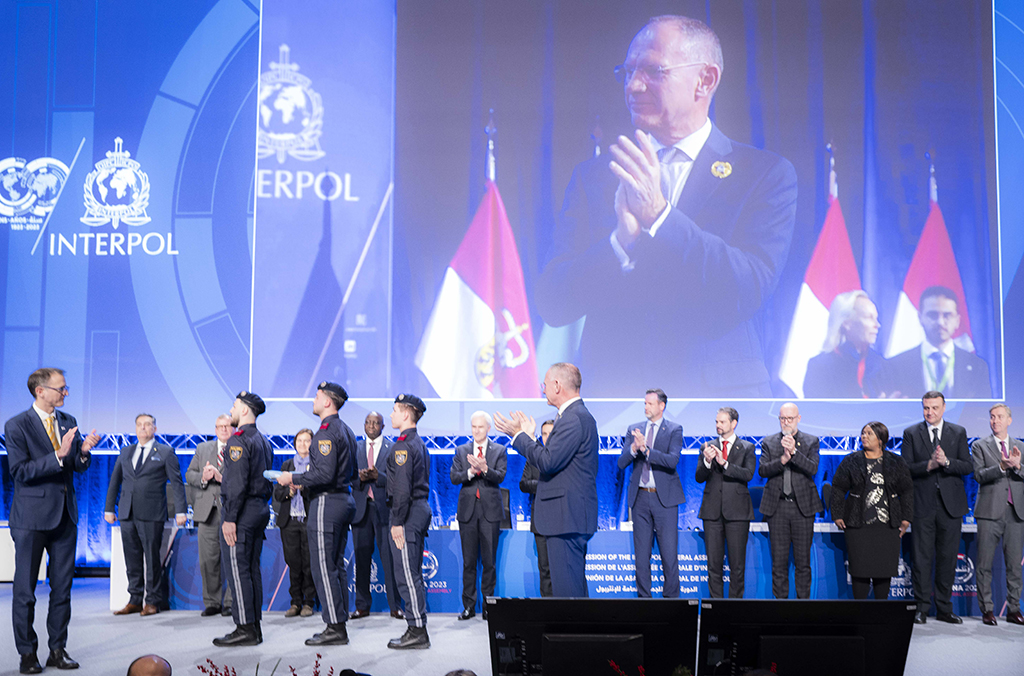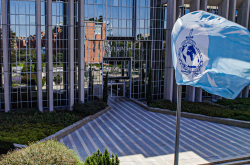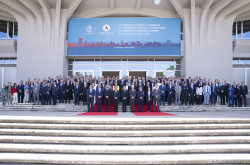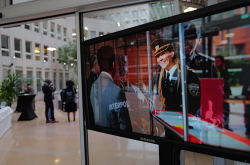VIENNA, Austria – To address the growth and sophistication of transnational organized crime, INTERPOL’s centennial General Assembly has closed with a call to action to tackle this ‘epidemic’.
Faced with greater connectivity between criminal groups and the parallel expansion of illicit activities, the Vienna Declaration sets out five priority actions to ensure law enforcement is better supported in this fight.
Endorsed by INTERPOL’s Executive Committee, the Declaration calls for leaders to consider transnational organized crime as a national security priority, redouble international police cooperation efforts and increase investment in the tools available to law enforcement.
Increased action
Officially closing the conference, Austria’s Minister of the Interior, Gerhard Karner emphasized the importance of international cooperation: “Shared visions and strategies must lead us side by side into the future.
“Austria will continue to be a strong partner for INTERPOL, actively contributing to realizing our common goals in the service of security.”
INTERPOL President Ahmed Naser al-Raisi said the Vienna Declaration is a real commitment to safeguard communities, secure borders, and protect citizens.
“The measures it outlines must be the foundation of our collective commitment and actions, to address organized crime more effectively. It is an urgent call to action, for every nation, leader, and citizen, to unite in combatting transnational organized crime,” said President Al Raisi.
Global security architecture
INTERPOL Secretary General Jürgen Stock said, “Transnational organized crime is an epidemic. To address the complexity of today's interconnected networks we must build bridges between separate sources of information.
“Criminals will always exploit every crisis. This is why coordinated action by law enforcement action – across every region – is essential and why we cannot afford any gap, or weaking of the global security architecture.”
As the only police organization that works at the global level, INTERPOL plays a unique role in supporting international efforts to safeguard communities and make the world a safer place.
Aligned to this, in 2018 INTERPOL launched its Global Policing Goals (GPGs) designed to complement the 2030 UN Sustainable Development Goals.
The 2023 review of the GPGs, which includes recommendations for engagement with regional law enforcement bodies for a more cohesive and effective global data-sharing framework was endorsed by delegates.
The largest ever INTERPOL General Assembly, held in the same city where the Organization was created in 1923, also saw the approval of a range of resolutions focused on increased action to tackle environmental crime and online child sexual abuse.
Standards
As part of the ongoing reforms to modernize and enhance INTERPOL’s governance, delegates also endorsed resolutions in relation to standards of conduct and ethics for the Organization’s meetings and election campaigning.
The Code was developed by the Governance Working Group, which includes representatives from 74 member countries across all world regions.
The 92nd General Assembly will be held in Glasgow, Scotland where INTERPOL’s membership will vote to appoint a new Secretary General.




